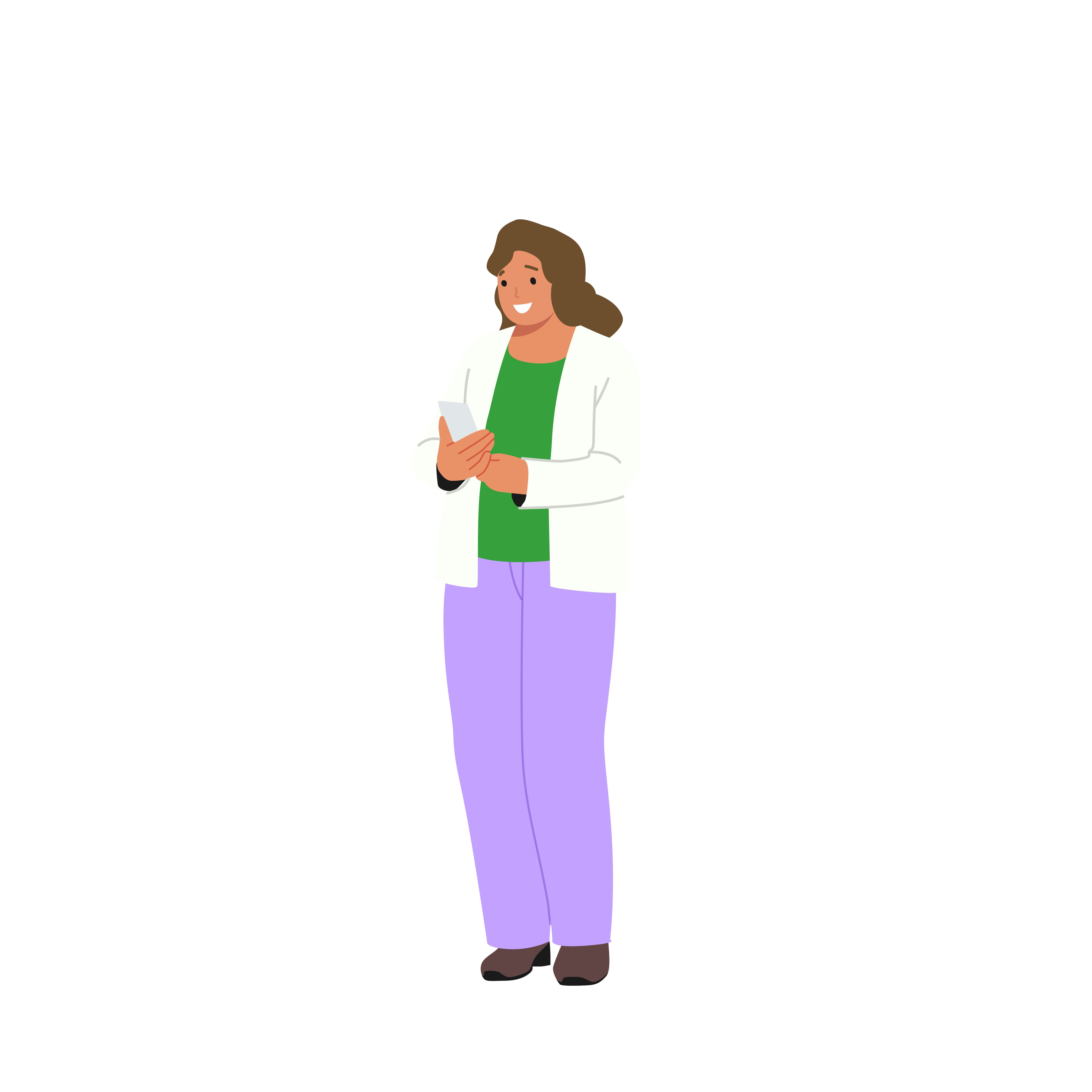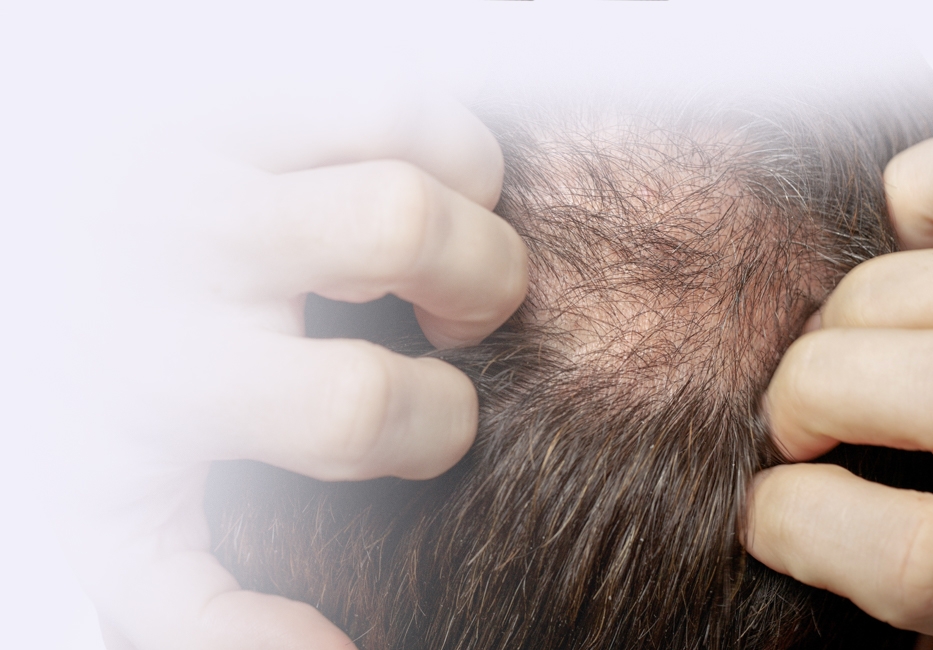- Home
- Men's Health
- Hair Loss Treatment
Hair Loss Treatment
Around 85% of men will experience major hair thinning by the time they turn 50. However, some men will see their hair begin to disappear much earlier than this. Hair loss in men is mostly caused by a condition called ‘pattern hair loss’ and will usually be seen in the front and top of the scalp.
Although not a condition that will affect your health, it can cause men to become self-conscious and worrisome about their appearance.
You can tackle hair loss with our effective range of treatments.
More Information
What is hair loss?
Hair loss refers to the gradual thinning or shedding of hair from the scalp or other parts of the body. It can be caused by various factors, including genetics, hormonal changes, medical conditions, and certain medications. Hair loss can affect both men and women and can range from mild thinning to complete baldness.
Can you cure hair loss?
While there is no definitive cure for hair loss, effective treatments are available that can slow down or even reverse the process in some cases. The success of these treatments depends on the cause of hair loss and how early they are started. It's important to consult with a healthcare professional to determine the best course of action based on individual circumstances.
Are there any natural ways to treat hair loss?
There are natural methods that may help manage hair loss, such as maintaining a healthy diet rich in vitamins and minerals, reducing stress, and avoiding hairstyles that pull on the hair. It is important to note that you should always consult with your doctor to ensure that natural treatments are safe and suitable for your condition.
What is hair loss treatment?
Hair loss treatment typically involves medications, topical solutions, and lifestyle changes. Treatments aim to stimulate hair growth and prevent further loss ( British Skin Foundation, 2024). In some cases, hair transplantation surgery may be considered for more permanent results.
What forms do hair loss treatments come in?
Hair loss treatments are available in various forms, including topical solutions, oral medications, shampoos, and conditioners. Topical treatments are applied directly to the scalp, while oral medications are typically taken daily. Special shampoos and conditioners can also support hair health and manage thinning hair.
Do you need a prescription for hair loss medications?
Yes, some hair loss medications require a prescription from a healthcare professional. This ensures the treatment is suitable for the individual's condition and health status. However, over-the-counter options like minoxidil are available without a prescription.
You should always consult with your doctor or healthcare provider for advice on whether a medication is suitable for you due to side effects. Please note that at PharmXtra, all requests for supply of prescription medications are subject to an online clinical consultation and the decision to prescribe will be made by a doctor.
Medication delivered discreetly from EU pharmacies



Choose the right treatment
From the comfort of your own home or out on the go, choose the treatment you require from our extensive range.
Complete an online consultation
A vital part of our process, your online consultation will be similar questions to that of a GP. Quick and easy, we guarantee privacy and confidentiality.
Delivered discreetly
One of over 100 of our partner regulated EU pharmacies will dispense and ship the treatment to you.
Rated out of 5 on 
Been using them for over a year and can't fault them.
Brilliant and helpful service as always Quick delivery and helpful tracking
Flawless service. Sent me the medication I ordered, at the price advertised, delivered at a speed which exceeded my expectations.
Easy ordering, fast delivery
Rated 4.6 out of 5 based on 5111 reviews

Here to help you
Our Customer Service is available Monday to Friday 9am - 4pm. If you need urgent assistance, do not use this service. Call 111, or in an emergency call 999. Visit our help section



